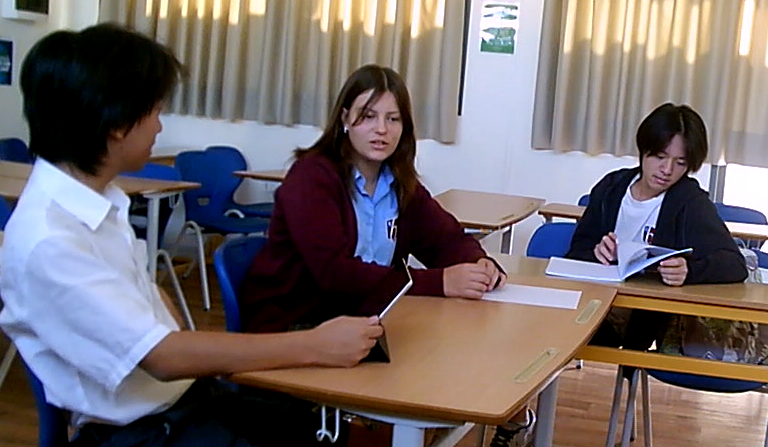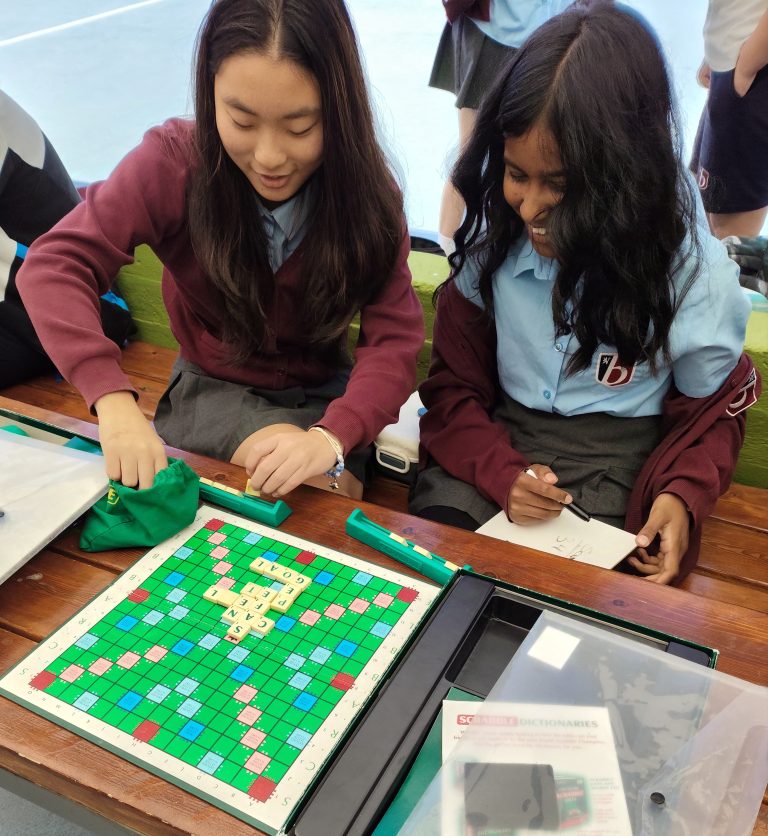At Byron College, our Key Stage 3 programme follows the National Curriculum of England, offering a strong academic foundation in core subjects. Alongside academic excellence, we focus on personal growth through our CARE values—Community, Action, Respect, and Excellence.
We help students build essential skills like communication, collaboration, resilience, and critical thinking, ensuring they are ready for the future while embracing the values that define our ethos, vision, and mission.


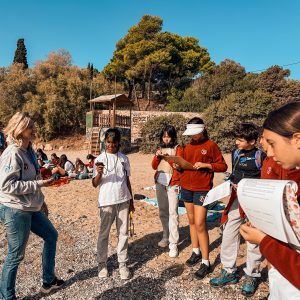
Core Subjects
English
Our English curriculum helps students build strong language skills and a love for literature. It focuses on:
- Reading fluently, with understanding and enjoyment.
- Building a rich vocabulary and strong grammar skills.
- Writing clearly and effectively for different purposes.
- Speaking and listening with confidence, including discussions and presentations.
Mathematics
Our Mathematics curriculum aims to build students’ confidence and competence in the subject. It focuses on:
- Developing fluency in fundamental concepts through regular practice and tackling increasingly challenging problems.
- Encouraging mathematical reasoning by exploring patterns, making connections, and explaining ideas clearly.
- Building problem-solving skills by applying knowledge to various challenges, breaking down complex problems, and finding effective solutions.

Science
The Science curriculum helps students develop a solid understanding of key scientific concepts and skills. It focuses on:
- Building knowledge across biology, chemistry, and physics.
- Exploring scientific methods and enquiries to answer questions about the world.
- Understanding the applications and implications of science in today’s world and the future.
- Thinking critically, engaging with scientific issues, and applying learning to real-life situations.
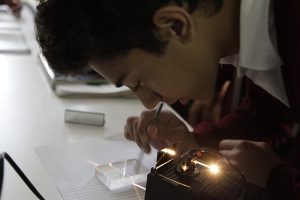
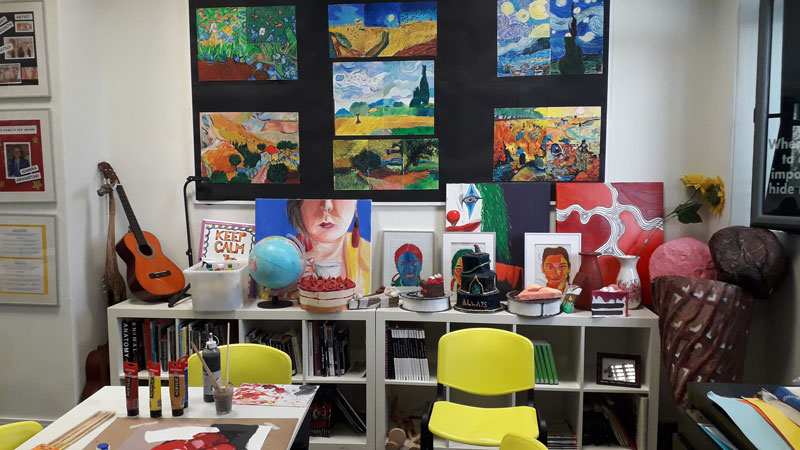
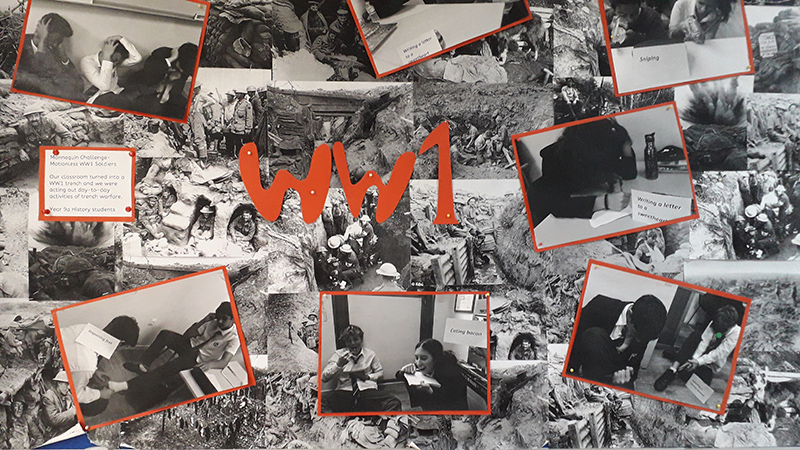

Foundation Subjects
Year 7
Year 8
English as an Additional Language (EAL)
We recognise and celebrate the multilingual and multicultural backgrounds of our international students as enriching assets to our school. In the English as an Additional Language (EAL) programme, part of our English Department, we are committed to creating a welcoming and supportive environment that inspires our students to achieve their full potential.
Guided by our CARE values—Community, Action, Respect, and Excellence—we emphasise the integration of our EAL students into every aspect of school life. Through active participation in classroom activities, assemblies, school events, trips, and workshops, we foster a strong sense of community and belonging. As students progress in their language acquisition, we encourage collaborative projects that develop confidence, cultivate friendships, and reinforce mutual respect among peers.
Our EAL programme is driven by a commitment to excellence, supporting students to excel both academically and socially within our inclusive school culture.
